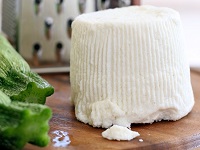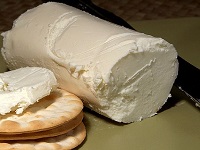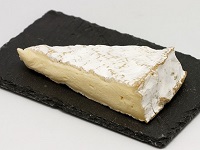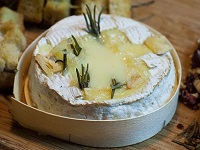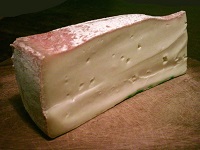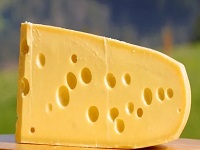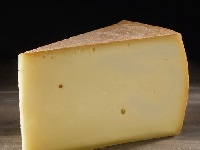Weissburgunder (Germany)
Weissburgunder is produced under different names and styles in various countries.
Pinot Bianco (Italy) / Pinot Blanc (France)
Weissburgunder Flavors
Apple, Pear, and Peach, and Floral hints are typical Weissburgunder flavors.
Apple |
Pear |
Peach |
Flowers |
Weissburgunder Profile
Weissburgunder is lighter and drier than French Pinot Blanc:
| SUGAR: | Dry (3 g/l) |
| BODY: | Light |
| FRUIT: | Low |
| ACIDITY: | High |
| ALCOHOL: | 11-12% ABV |
| Serving temperature: 8-10°C (46-50°F) | |
Weissburgunder Food Pairing
Weissburgunder pairs good with many types of dishes.
Salads |
Vegetables |
Asparagus |
Sandwitch |
Pasta |
Fish |
Chicken |
Pasta |
Excellent Pairings
Salads. Vegetables. Asparagus.
Antipasti. Picnic Lunch.
German. Tropical. Asian. Thai.
Quiche Lorraine. Cheesy Pretzel.
Gnocchi. Creamy Soups (Peas, Asparagus).
Fish. Chicken Salad.
Pasta. Poultry. Veal. Pork.
The Ideal Glass for Weissburgunder
A Tulip Shaped Glass with a slightly smaller bowl can be suitable for various dry white wines.
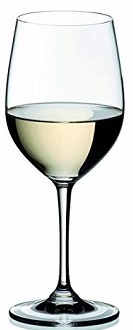
|
The glass guides the wine to the center of your mouth, avoiding the sides where acidity is less pleasant.
A smaller bowl also helps to serve smaller quantities, and keep the wine cold. It also helps if you hold the glass by the stem! |
Weissburgunder Cheese Pairing
Pairing Tips
Opt for cheeses with moderate saltiness and creaminess to balance the c's acidity.
Also try to add fresh fruits (grapes, apples, pears), nuts (almonds, walnuts), and a light drizzle of honey to enhance the pairing experiment.
Fresh and Mild Cheeses
Ricotta: Especially good if served with a drizzle of honey or fresh fruits.
Goat Cheese (Chèvre): The tanginess complements the subtle fruit notes found in Weissburgunder.
Soft Cheeses
Brie: The creamy texture and mild flavor work beautifully with c.
Camembert: Similar to Brie but with slightly more earthy.
Fontina: Its nutty, buttery qualities make a good match.
Semi-Soft Cheeses
Gruyère: Mildly nutty and sweet, enhancing the a subtile Weissburgunder.
Swiss Cheese: Weissburgunder has a refreshing acidity and floral aromas, which complement the nutty and slightly sweet flavors of a Swiss Chese.
Asiago: Lightly aged Asiago adds a complementary tang.
If You Like Weissburgunder
You May Also Like:
Pinot Blanc (France - Alsace)
Pinot Blanc from Alsace, is known to be much like Chardonnay as a full body wine with good acidity.
Alsacian Pinot Blanc can show a range of flavors from apple to peach, along with nutty almond and spices depending on oak treatment.
Popular food pairings in Alsace are Omelet and Quiche.
Pinot Bianco (Italy - Alto Adige)
Italian Pinot Bianco is crisper, lighter and dryer than French Pinot Blanc.
Typical flavors are: Citrus. Apple. Pear. Floral Hints.
In Italy Pinot Bianco is often blended with other grapes and used in the production of sparkling wines.
Typical food pairings in Italy are Fish and Antipasti.
Weissburgunder (Germany / Austria)
German Weissburgunder (White Burgundy) is usually light and crisp, much like the Italian variety.
In Austria Weissburgunder is also used to make the luxurious and sweet Trockenbeerenauslese.
